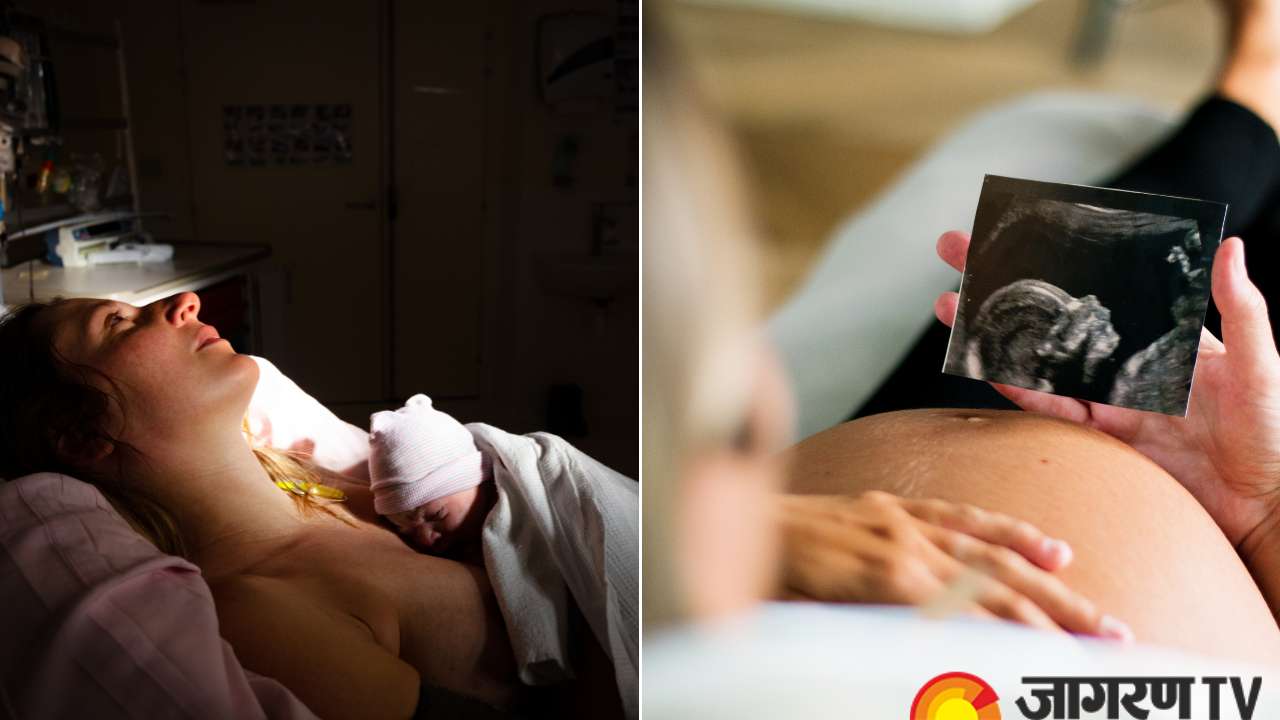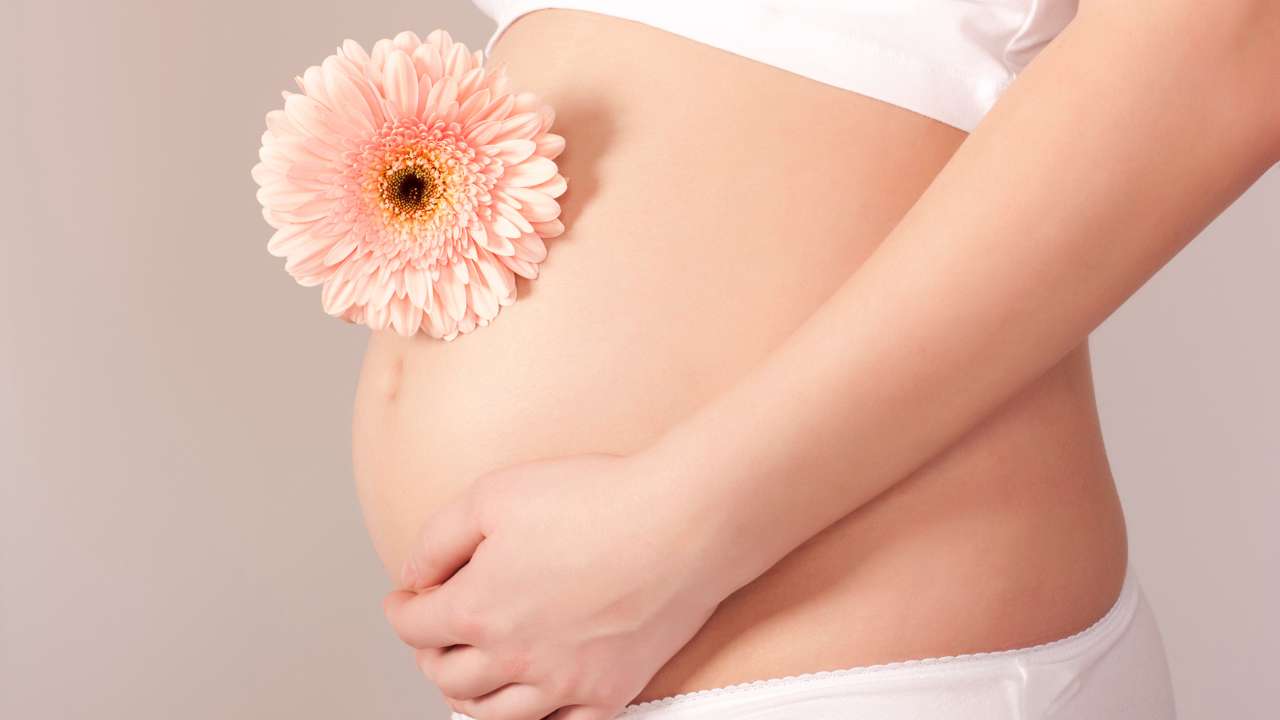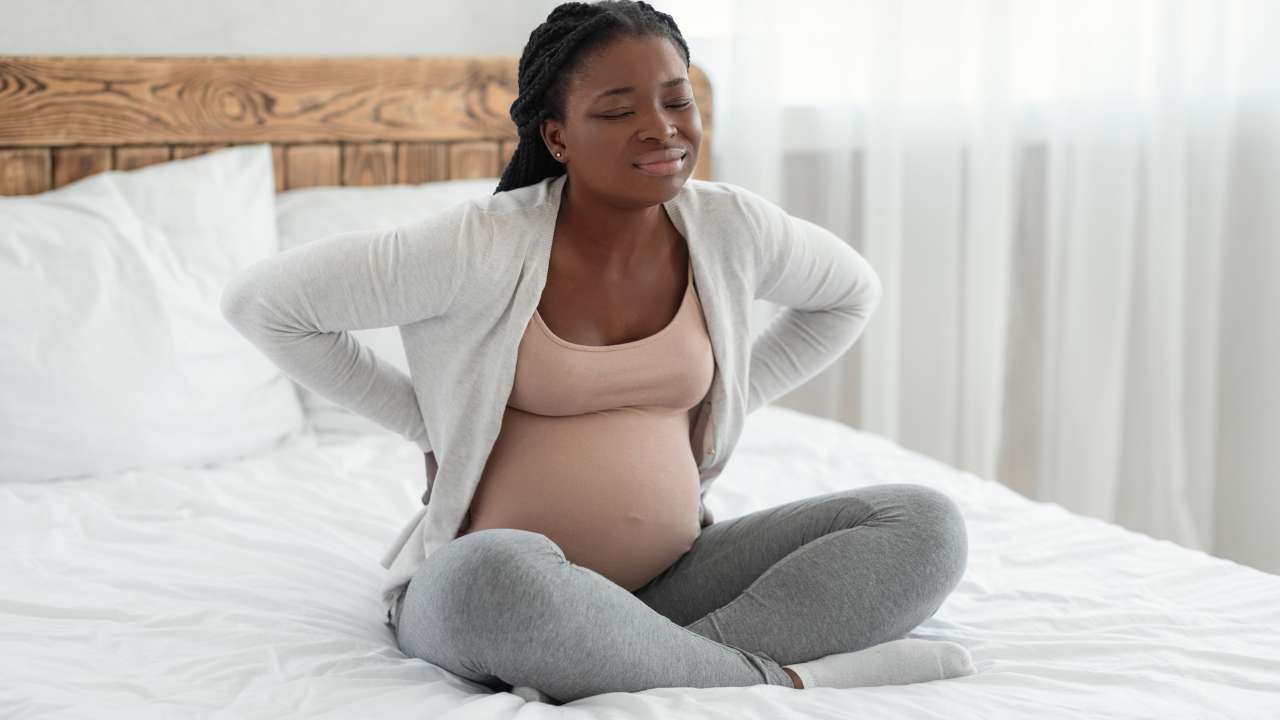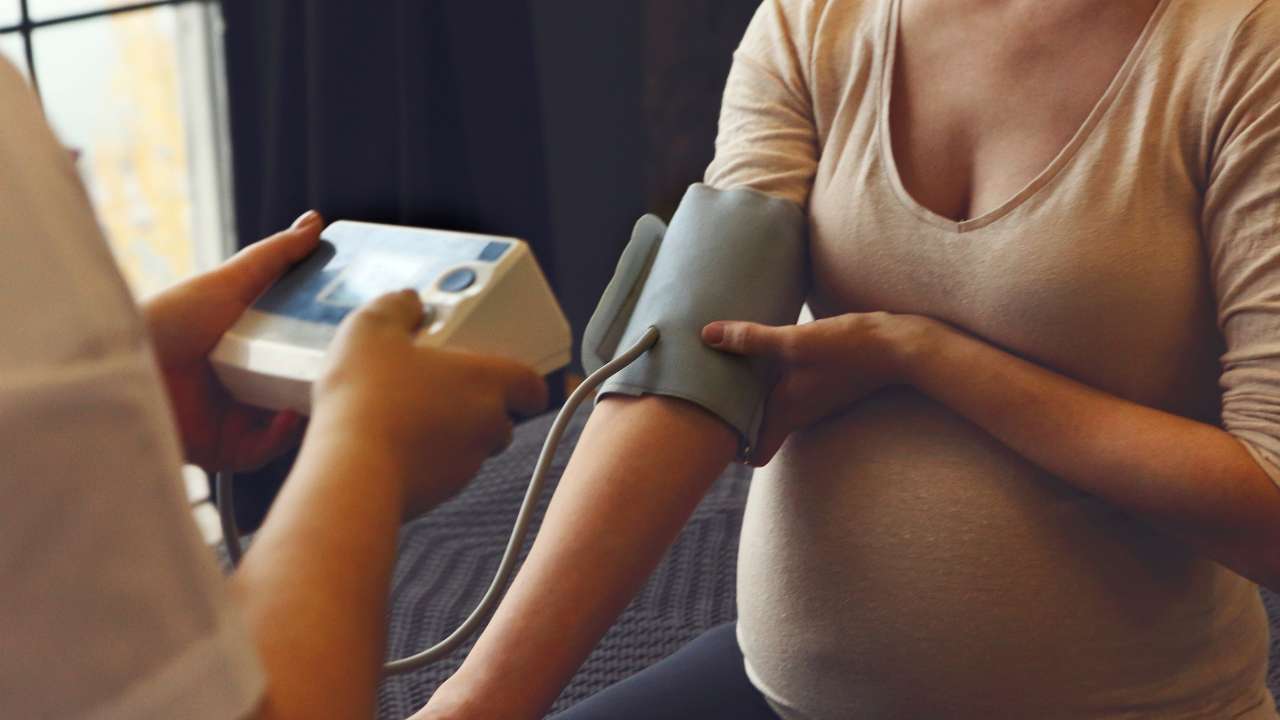Pregnancy Complications After 30: Causes, Risks and Advice

While being pregnant is a marvellous experience, it may also bring some difficulties, especially for women who are older than 30. Despite the fact that many women have successful pregnancies at this age, research indicates that there may be a higher chance of difficulties. While it is true that many pregnant women in their thirties deliver healthy babies, research indicates that there may be a higher risk of some difficulties compared to younger women. It’s crucial to remember, though, that for the majority of women in this age bracket, the risk is still rather low.
After the age of 30, there is a higher chance of experiencing pregnancy complications. To get the best possible outcomes for themselves and the baby, women should be aware of the potential hazards, make educated decisions, and work closely with healthcare professionals.
Risk and Factors
Even though pregnancy difficulties can happen to women of any age, those over 30 may be at higher risk due to biological, dietary, and medical variables. Let us know about some factors that can be considered as the root causes of pregnancy complications after 30.

Biological Factors
Women’s reproductive systems change as they age, which may increase the risk of pregnancy difficulties. The quality and quantity of a woman’s eggs rapidly decrease after the age of 30, which raises the risk of genetic disorders like Down syndrome. Additionally, premature labour, high blood pressure, and gestational diabetes risk may all increase. For women aged 30 and older, several biological variables may make conceiving and carrying a pregnancy to term more difficult.

Lifestyle Factors
Pregnancy outcomes can be strongly impacted by lifestyle choices. Women over 30 are frequently financially secure, have successful careers, and have steady relationships, all of which can delay childbearing. However, several lifestyle choices, like smoking, binge drinking, eating poorly, and being sedentary, might raise the chance of problems during pregnancy. To increase their chances of having a safe pregnancy, women in this age bracket must adopt healthy behaviours and alter their lifestyles.

Underlying Medical Conditions
Pre-existing medical disorders including diabetes, obesity, or hypertension are more common in older women. These illnesses can make pregnancy more difficult and put both the mother and the unborn child in danger. Before getting pregnant, women over the age of 30 should have full medical assessments so that any underlying health conditions can be found and treated. A safe and healthy pregnancy can be achieved by effectively managing many of these issues with appropriate medical treatment.

For women in this age bracket, many of these issues can be reduced with appropriate preconception planning, healthy lifestyle choices, and early prenatal care, resulting in successful pregnancies.
Importance of Prenatal Care
To keep track of their health and the growth of the foetus, pregnant women over 30 must have early and regular prenatal care. Regular check-ups enable medical professionals to spot and manage any potential concerns as soon as they arise. Genetic counselling and testing are also a part of prenatal care, and they can assist women in making decisions regarding their pregnancy. To have a smooth pregnancy journey, women in this age group should build a solid support network with medical specialists.









